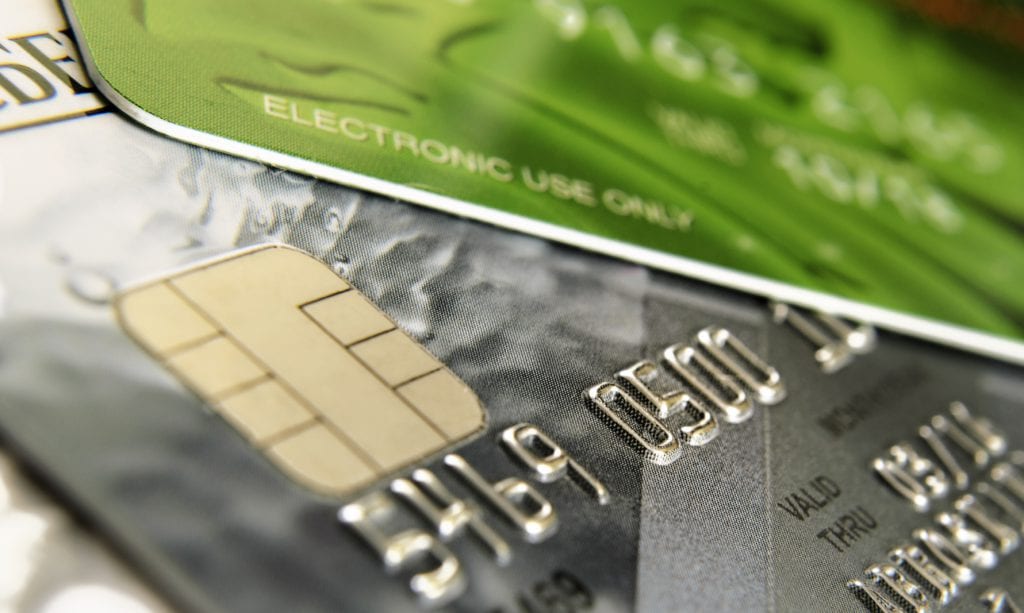The De Nederlandsche Bank (the Netherlands’ central bank) announced in a bulletin it fully believes in the importance of cash in both the present and near future.
From Finextra:
The latest research by DNB reveals that the volume of debit card payments at Dutch points of sale has increased from €81 billion in 2010 to €84 billion in 2012. At the same time, cash withdrawals at ATMs dropped from €52 billion in 2010 to €49 billion in 2012.
So in terms of sales, the card has overtaken cash, but in terms of transaction numbers, cash is still the dominant means of payment, with 3.8 billion cash payments made at Dutch counters in 2012, against 2.5 billion card transactions.
As a result, the DNB is committed to “maintaining cash as a universally useable and available payment instrument and a smoothly functioning cash chain.”
Though the bank highlighted the efficiency gains of debit card use, it reinforced that cash is the only universally accepted payment instrument and serves as the primary alternative if a consumer’s debit or credit are not working.
DNB expects cash to remain indispensable for some time to come. For this reason, cash should remain generally available as an all-purpose means of payment, implying that consumers must be readily able to withdraw and deposit cash from and into their bank accounts. Retailers, in turn, should have easy means at their disposal to deposit counter receipts into their bank accounts.
Though the DNB’s announcement is another headline pointing to the decline of consumer cash use in developed countries, it also serves as an important reminder of the importance of cash in society and reinforces the notion that the cashless society is years away (if ever) from becoming reality.
Click here to read more from Finextra.
